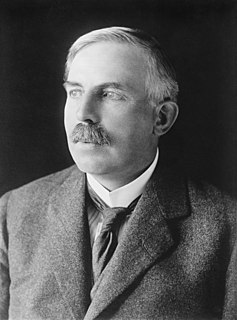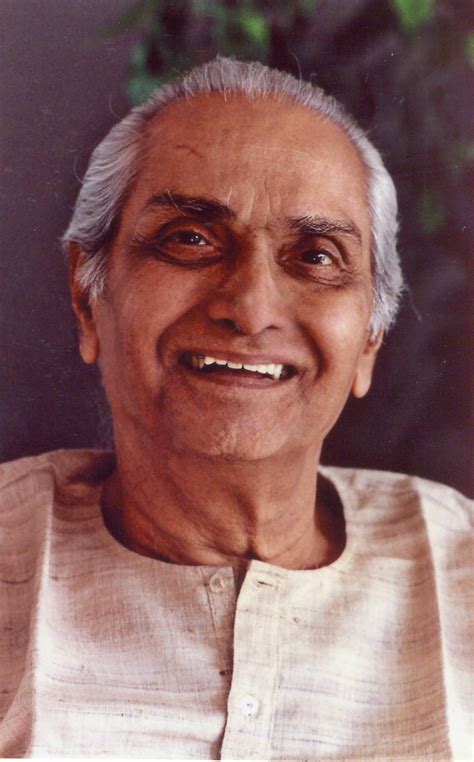A Quote by Douglas Adams
Their minds sang with the ecstatic knowledge that either what they were doing was completely and utterly and totally impossible or that physics had a lot of catching up to do.
Related Quotes
When I was in college, I didn't like physics a lot, and I really wasn't very good at physics. And there were a lot of people around me who were really good at physics: I mean, scary good at physics. And they weren't much help to me, because I would say, 'How do you do this?' They'd say, 'Well, the answer's obvious.'
By the time 1967 had rolled around, general relativity had been relegated to mathematics departments... in most people's minds, it bore no relation to physics. And that was mostly because experiments to prove it were so hard to do - all these effects that Einstein's theory had predicted were infinitesimally small.
Wherever primitive man put up a word, he believed he had made a discovery. How utterly mistaken he really was! He had touched a problem, and while supposing he had solved it, he had created and obstacle to its solution. Now, with every new knowledge we stumble over flint-like and petrified words and, in so doing, break a leg sooner than a word.
When you start out on a career in the arts you have no idea what you are doing. This is great. People who know what they are doing know the rules, and know what is possible and impossible. You do not. And you should not. The rules on what is possible and impossible in the arts were made by people who had not tested the bounds of the possible by going beyond them. And you can. If you don't know it's impossible it's easier to do. And because nobody's done it before, they haven't made up rules to stop anyone doing that again, yet.
Does everyone feel this way? When I was young, I was perpetually overconfident or insecure. Either I felt completely useless, unattractive, and worthless, or that I was pretty much a success, and everything I did was bound to succeed. When I was confident, I could overcome the hardest challenges. But all it took was the smallest setback for me to be sure that I was utterly worthless. Regaining my self-confidence had nothing to do with success...whether I experienced it as a failure or triumph was utterly dependent on my mood.






































